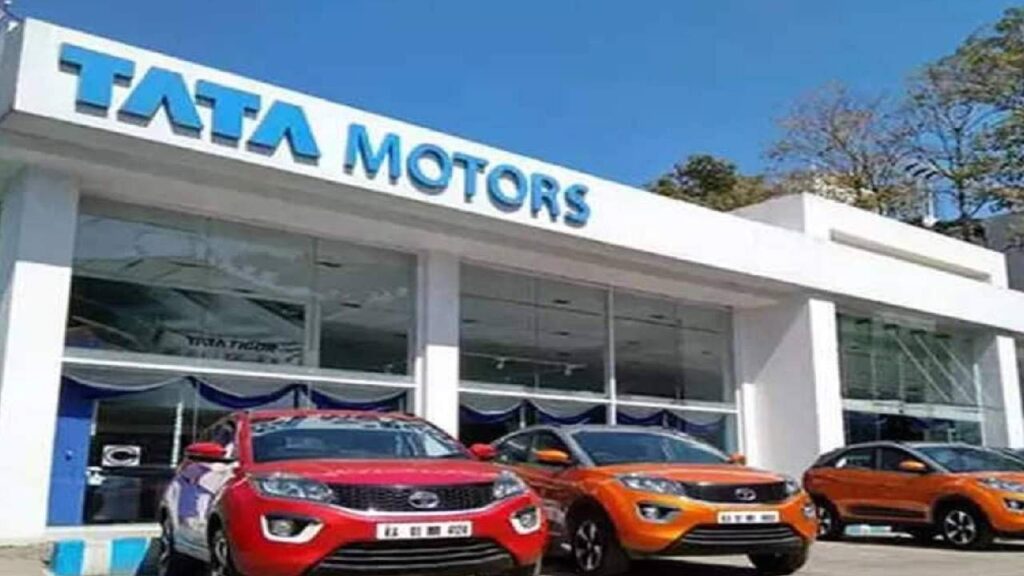In recent developments, Tata Motors, one of India’s leading automotive companies, is set to take a bold step in the electric vehicle (EV) market. This decision involves collaboration with Chinese manufacturers for battery supplies, a move that has sent ripples through the automotive industry. As the fourth-largest car market globally, India is pivotal for EV growth, and Tata Motors is keen on maintaining its dominance amidst increasing competition.
Why is Tata Motors Collaborating with Chinese Manufacturers?
According to reports from Live Mint, Tata Motors is planning to procure battery packs from a Chinese manufacturer to enhance the performance of its electric vehicles. Specifically, the company is expected to source batteries from Octillion Power Systems in China. Currently, Tata Motors relies on Tata Autocomp Systems for its battery needs. This strategic shift highlights Tata Motors’ commitment to staying at the forefront of the EV sector, which includes notable models like Tiago, Tigor, Punch, Nexon, and the recently launched Tata Curve EV. The latest Curve EV features batteries manufactured by Octillion, indicating a significant technological partnership in the pursuit of innovation.
Positioning Among Global Automotive Giants
Recently, Tata Motors has made headlines by entering the rank of the top 10 automotive companies worldwide, marking a significant achievement as the first Indian company to reach this status. After witnessing a substantial surge in its stock prices, the company’s valuation ballooned to $51 billion by the end of July. This represents an impressive increase of over 50% in stock value just this year, highlighting the rising interest and investment in Tata Motors. For comparison, the current global leader, Tesla Inc., boasts a market capitalization of $711.19 billion.
Tata’s Market Dominance in India’s EV Sector
Tata Motors controls over 60% of India’s electric car market, a clear indicator of its robust presence in the industry. The company anticipates a boost in sales during the festive season, aided by new vehicle launches and clarity in government subsidy schemes. Shailesh Chandra, Managing Director of Tata Motors Passenger Vehicle and Electric Mobility, mentioned that the company is focused on creating price parity between electric vehicles and internal combustion engine (ICE) vehicles. This approach is expected to attract petrol vehicle buyers, particularly in the medium-sized SUV segment.
Current Sales Trends and Challenges
Despite Tata Motors’ leading position, recent months have seen a slowdown in electric vehicle sales. In July, EV registrations fell by 2.92% to 7,541 units, largely due to a slower adoption rate among consumers and other market factors. The company asserts that this dip should be contextualized within the broader market downturn rather than isolated as a trend specific to the EV sector.
| Company | Market Capitalization | EV Market Share (India) |
|---|---|---|
| Tata Motors | $51 billion | 60%+ |
| Tesla Inc. | $711.19 billion | N/A |
| Toyota Motors | $307.50 billion | N/A |
| BYD Company | $92.65 billion | N/A |
In conclusion, Tata Motors’ engagement with Chinese battery manufacturers underscores its strategic approach to maintaining a competitive edge in the dynamic electric vehicle landscape. As the company continues to innovate and expand its offerings, the Indian EV market’s growth trajectory looks promising, albeit with some challenges along the way.

